(ThyBlackMan.com) To be Black in the United States is and of itself a complex route in life to navigate. To be Black and female in the United States is not only complex, but it is a route in life much more rugged with uncut terrain. The road of Black Womanhood in the United States is often left for the road most often traveled; either that of Blackness alone — which is most common, or the road of womanhood only. At times it is difficult existing simply as a Black woman without some daily life situation arising where you must choose with what group you identify with most; your Blackness or your womanness. The two hardly coexist in harmony; not even during the pointed discussions of our singleness.
To quote the “lady in yellow” from Ntozake Shange’s opus For Colored Girls who have Considered Suicide When The Rainbow is Enuf:
“bein alive & bein a woman & bein colored is a metaphysical dilemma/ i havent conquered yet/ do you see the point my spirit is too ancient to understand the separation of soul & gender”
No truer words have been written, spoken or acted since they first left Shange’s pen in the mid 1970s.
At the time of publication of For Colored Girls… Gerald Ford was President of the United States. He inherited the Presidency from the disgraced 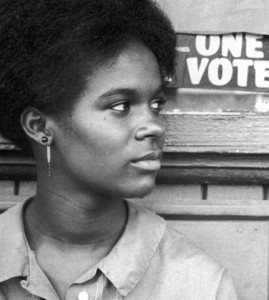 Richard Nixon and led the country until his defeat by Democrat Jimmy Carter in 1977. Jimmy Carter was a one term President followed by 12 years of Republican Presidential rule that found America facing economic crisis after economic crisis until the election of President Clinton in 1992. His Presidency continued the fiscal policies of his predecessors of deregulation allowing bubblesto prop up our economy that did not burst until he was out of office. The failed economic policies of Bush 43 made the bubble bursting worse than it ever could have been on its own.
Richard Nixon and led the country until his defeat by Democrat Jimmy Carter in 1977. Jimmy Carter was a one term President followed by 12 years of Republican Presidential rule that found America facing economic crisis after economic crisis until the election of President Clinton in 1992. His Presidency continued the fiscal policies of his predecessors of deregulation allowing bubblesto prop up our economy that did not burst until he was out of office. The failed economic policies of Bush 43 made the bubble bursting worse than it ever could have been on its own.
From the Presidency of Gerald Ford to the election of Barack Obama Democrats and Republicans alike have gone after the “Black vote” or the “woman vote.” Never has anyone specifically courted the “Black woman’s” vote. Why would a candidate do that? Court the vote of a minority’s minority. A vote that can probably be encompassed in either of the two larger groups. Not even First Lady Michelle Obama has specifically courted the vote of her specific race and gender for her husbands candidacy. It is almost if that as a member of the electorate Black women’s issues are not relevant, or not as relevant as issues of Blacks or women.
I raise this concern after reading an article on Slate.com and doing some dubious research on YouTube. An article from last Wednesday on Slate.com screams from the headline “Why Do Women Vote Differently Than Men?” The subtitle of the article actually gives more context to the meat of the article claiming “Despite stereotypes, men are actually more fickle at the voting booth.” The article reasons through research, interviews and statistics that women as a voting body are pretty consistent. We tend to lean Democrat and have done so since 1980 when Ronald Reagan was elected President. Meanwhile, men have more violent fluctuations in who they will cast their vote for at the ballot box.
“According to Susan Carroll, a senior scholar at the Center for Women and Politics at Rutgers University, two of Reagan’s stances in particular alienated women. One was his hawkishness; women tend to report lower levels of support for defense spending and use of military force. The other was Reagan’s efforts to trim back the welfare state. As Carroll points out, women are more likely to be the recipients of government aid. They are more likely to be poor, more likely to be old, and more likely to be single parents. (Surprisingly, it does not appear that “women’s issues” like abortion rights or the Equal Rights Amendment were then, or are now, a major driver of the gender gap, according to political scientist Karen Kaufmann. Public opinion polls show men and women closely track one another in their views about abortion, for instance.)
So did women move away from Reagan and his party in disgust? No. Rather, women’s emerging belief in their own political entitlement permitted them to stay right where they were. “Reagan struck a chord with men, so men moved in a more Republican direction while women stayed put,” Carroll says. And in the wake of Reagan, Carroll says, the parties remained more polarized, helping to harden men and women’s party identifications. Kaufmann, of the University of Maryland, has looked at long-term election study data from 1952 to 2004 and observed that men’s support for the Democratic party declined from the mid-’70s through the eight years of Reagan’s presidency, and has remained at that lower level, with small fluctuations, ever since. In contrast, she writes, women’s voting and party identifications look about the same as they did 50 years ago.
Women’s identification with the Democrats represented something different from, say, the movement of white Southerners en masse from the Democratic to the Republican Party. “
The last statement of this excerpt marks when Black people started voting Democrat instead of Republican. The passing and signing of the Civil Rights Act of 1964 was a defining moment in American politics and the voting habits of our electorate. The Republican party, the party of Lincoln had long been the party of integration and civil rights while Democrats were Dixiecrats who loved the Klan which loved keeping us negroes in our place even if that meant reminder via a quick lynching or two or three or thousands.
Enter my YouTube research.
Political propaganda is everywhere. As I searched for a political cartoon to post Thursday — which never materialized — I ended up searching the word “democrat” on YouTube. My search yielded right leaning videos questioning why Black people vote Democrat when it was Republicans that helmed the abolition of slavery, Republicans behind the first wave of Civil Rights legislation and Democrats who were behind everything essential to Southern Democratic life; free labor, free women, and wealth.
Here’s a taste of what I found:
[youtube a9ZpD34Xk3M]
[youtube UObEdF_uhaw]
[youtube xryXpK042pQ]
What is conveniently left out of all of these clips is in 1876 Reconstruction came to an end with the election of Rutherford B. Hayes. To win disputed electoral votes he agreed to allow Southern home rule return with limited funding for stationing troops and other forces in the South to implement recent civil rights victories. Without the forced implementation of civil rights Reconstruction came to an end and the South returned to the terrorizing landscape it had always been for people of color.
But this is not the time for an American history lesson. My point in bringing up these video clips and the Slate.com article is to show that our political system is deeply invested in how women vote or how Blacks vote or even how Hispanics vote. However these investments never trickle down to the minority of the minority of how the women in these groups vote.
If women vote more than men as the Slate.com article says, than it would seem politicians would want to reach the women of every major voting block instead of the racial or gendered group alone. Yet it doesn’t happen… And it’s funny to me when issues come up such as abortion, or welfare, Medicaid and other government aid programs which women, and especially women of color, may receive in numbers disproportionate to any other group in the country.
How can a candidate discuss what is and what is not important for people in this country when the people that are the major beneficiaries/recipients of the issue, policy item in question have never been addressed. The issues made most important over all issues in Presidential elections are issues that affect women of color more than any other group. Abortion: Black women have the highest rate of abortions even though white women have more abortions per capita. Income gap: Black women make less than white women who make less than Black men who of course make less than White men. It’s an issue not even addressed in President Obama’s Lily Ledbetter Fair Pay Act of 2009 let alone in the failed class action suit by the women of Walmart. The end to entitlement programs: the welfare queen stereotype persists despite constant debunking while at the same time women of color are just one group among many who have a need for these entitlement programs to stay in place even with reform.
As the Republican field tries to narrow itself down to one to go against the Obama machine it is important to note every American has just one vote; the electoral college notwithstanding. With our one vote we are assumed to vote for the candidate who represents our interests best. For women of color I can’t point to any one candidate that has made it a point to seek out our vote. On it’s face it may seem foolish to do so; we are a minority’s minority. But then again if every one vote counts as we have all been trained to believe, then should not every group in the courting of every one vote count just as much if not more?
Is there an issue affecting women of color you would like to see politicians address as they try to win supporters?
Staff Writer; Nikesha Leeper
To connect with this sister feel free to visit; Change Comes Slow.













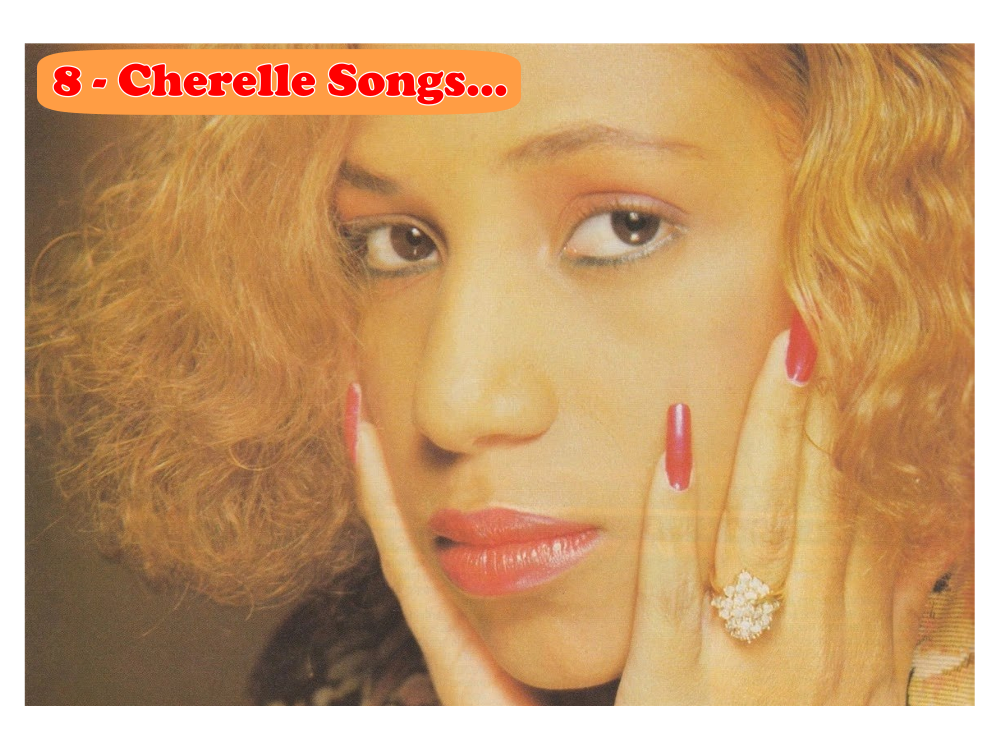
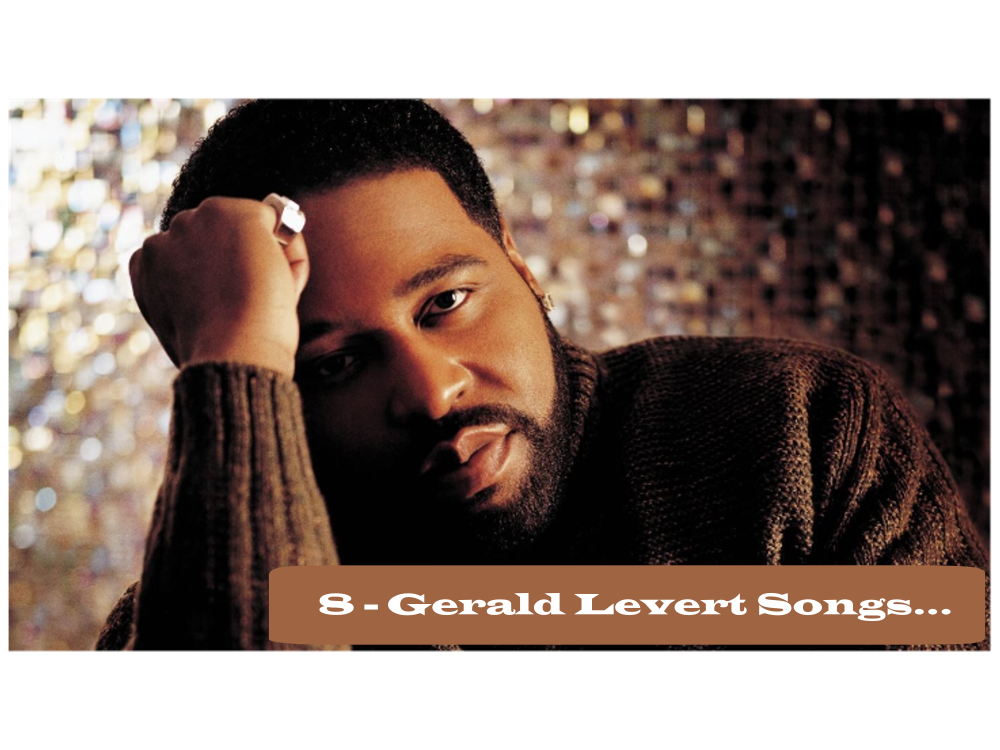
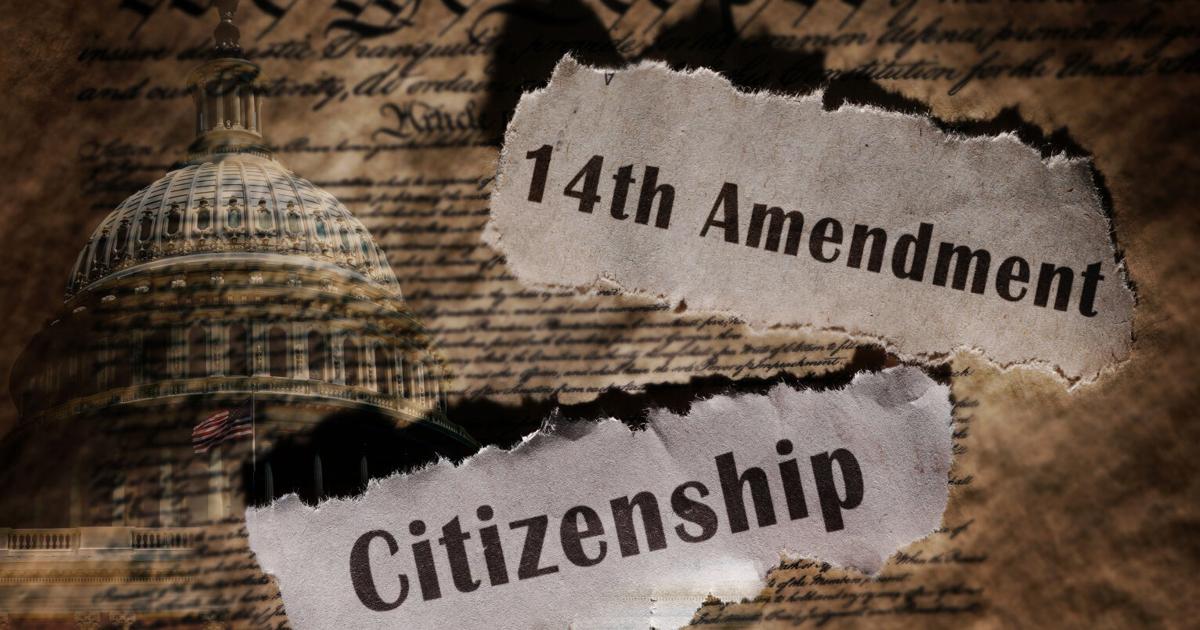
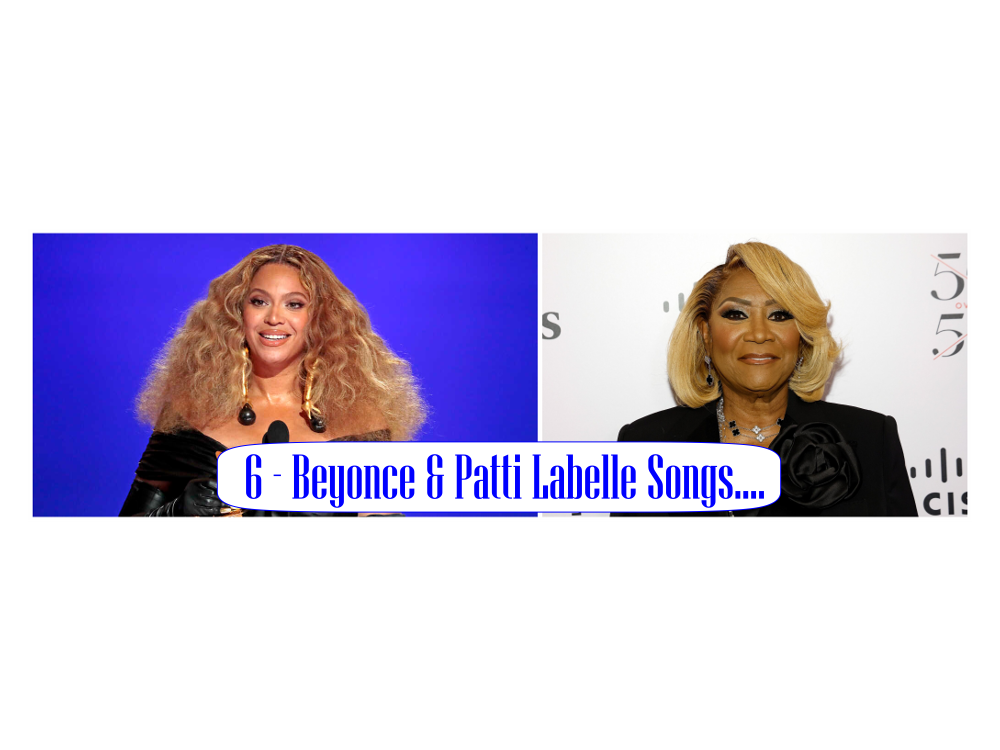
yawn zzzzzzzzz
Nikesha,
Thanks for sharing this very detailed and informative article. You put your heart and extensive research into it. Ironically, I was just reading a poem that was written from a speech of Sojourner Truth on yesterday stemming from men challenging whether women should vote entitled, Ain’t I a Woman. http://www.womenwriters.net/domesticgoddess/truth.htm